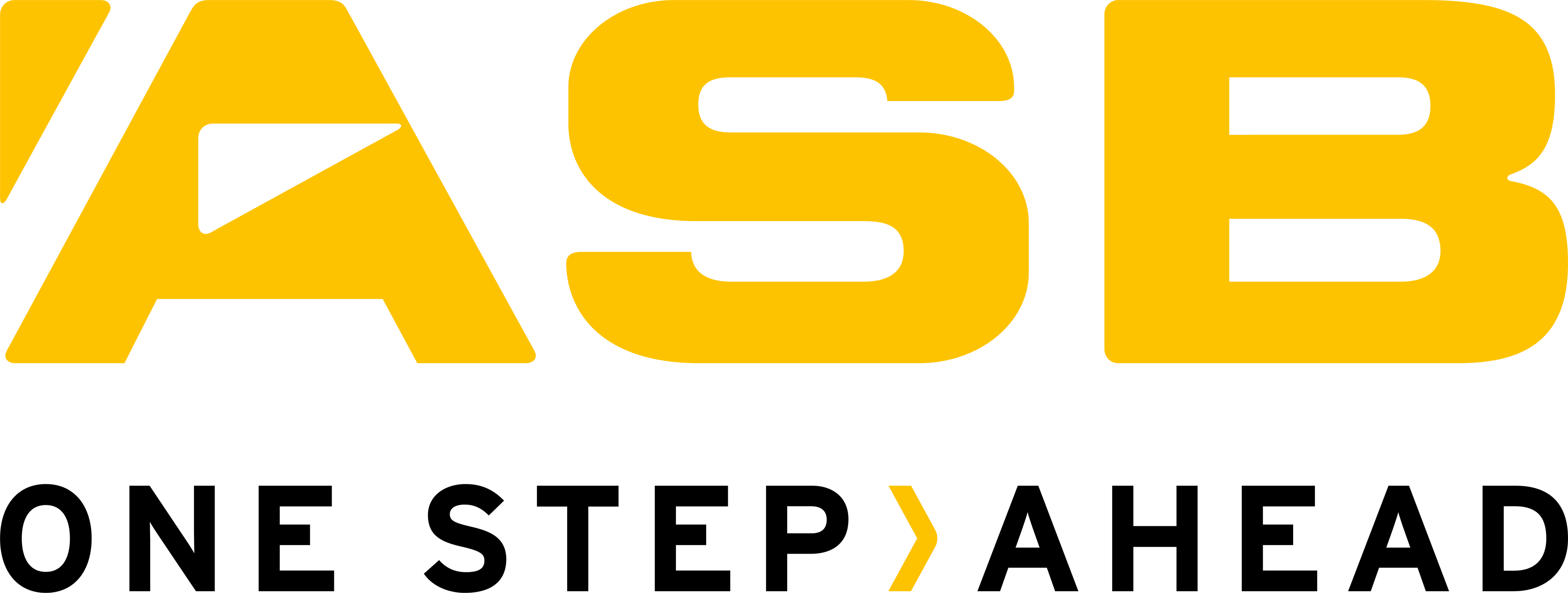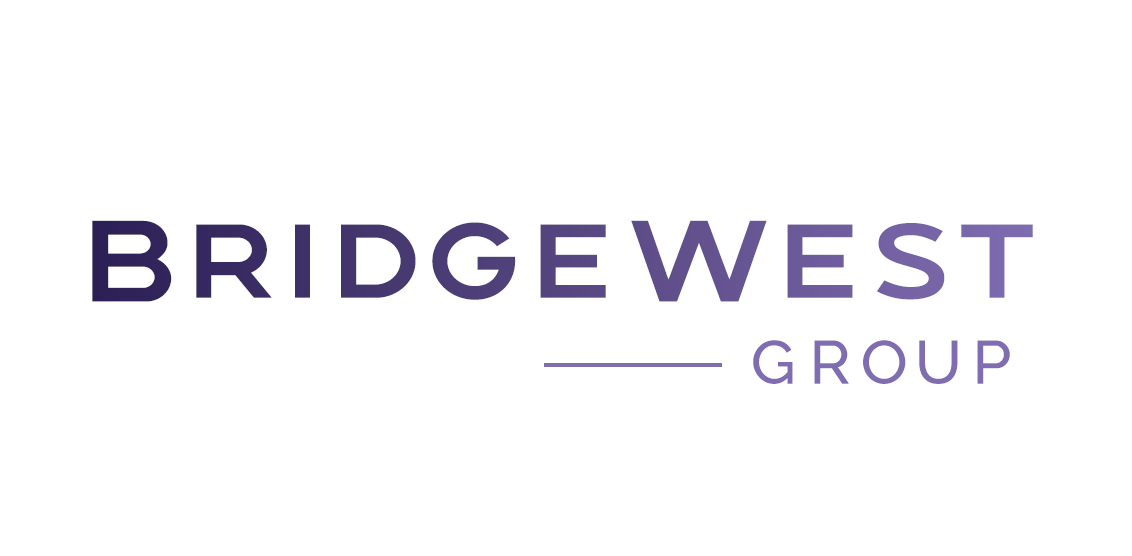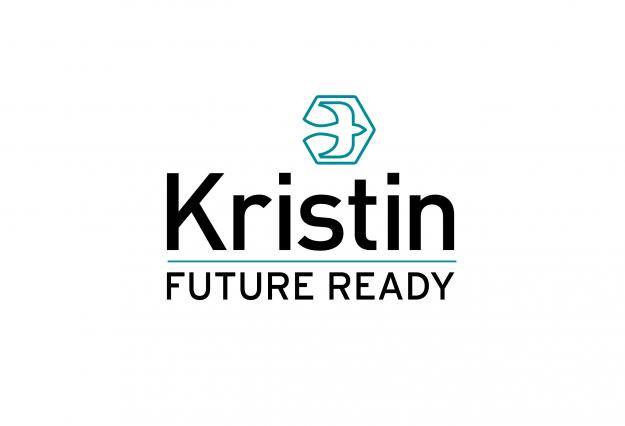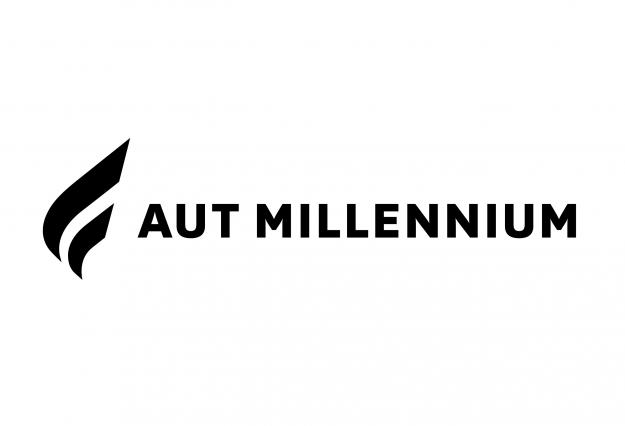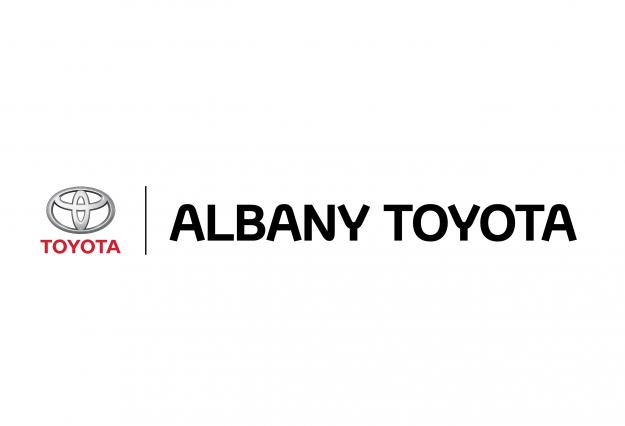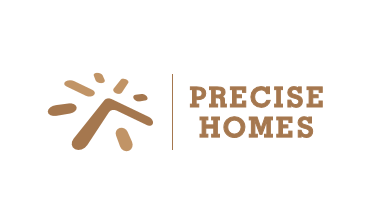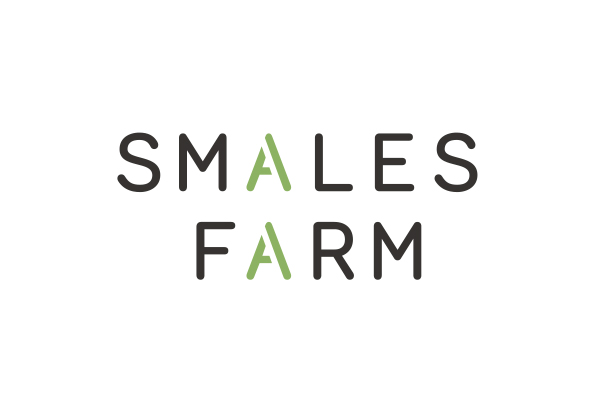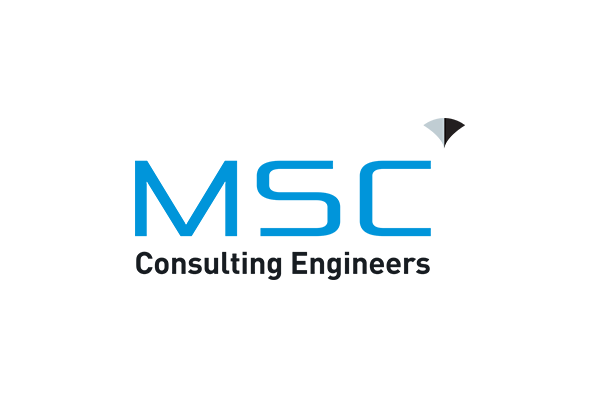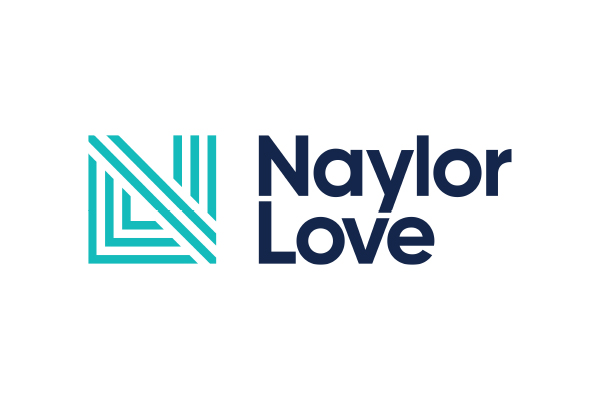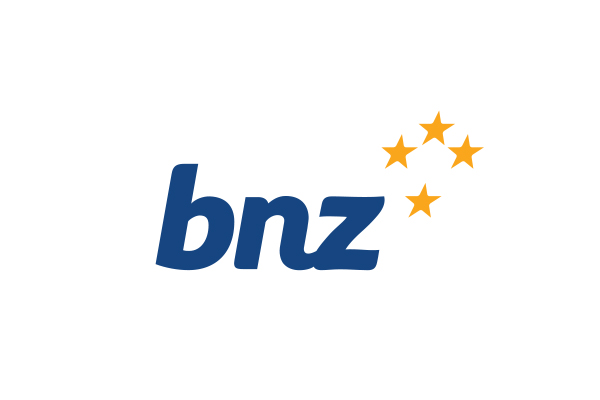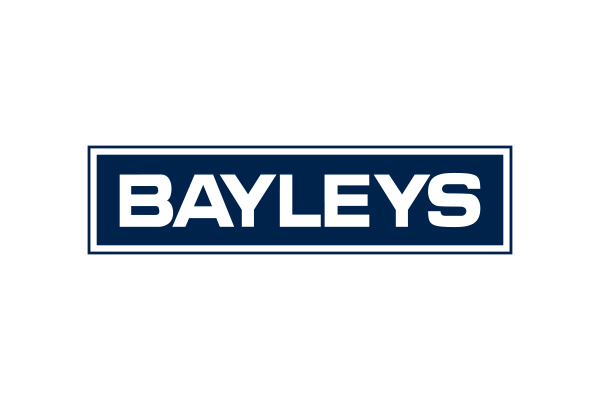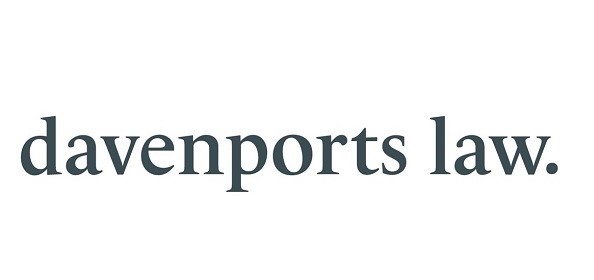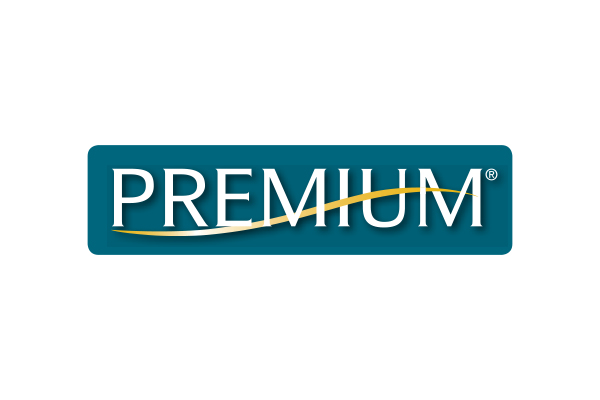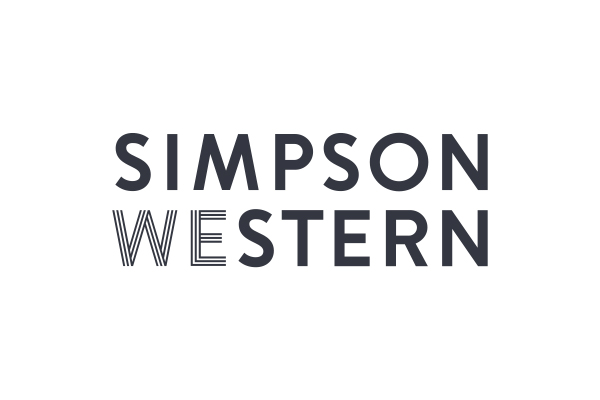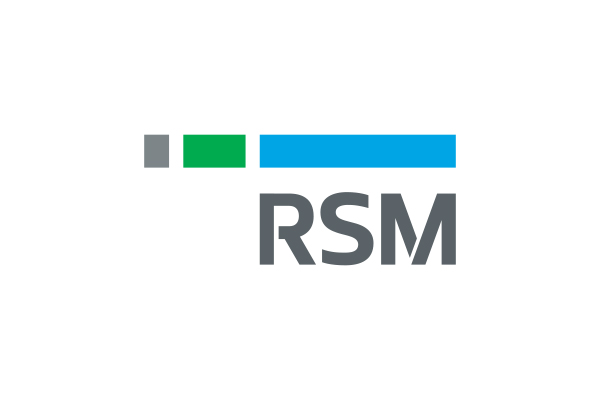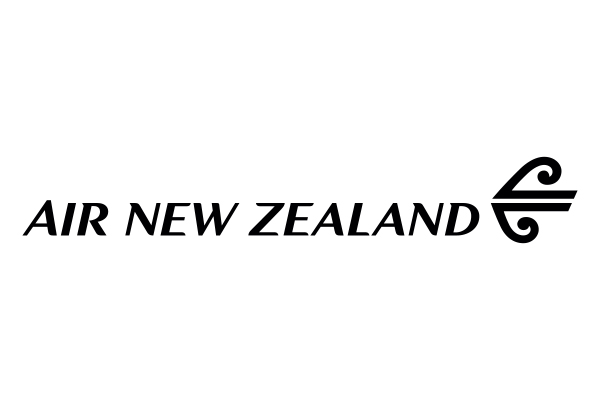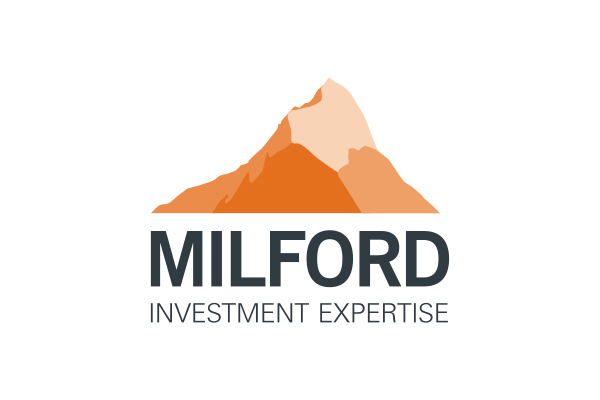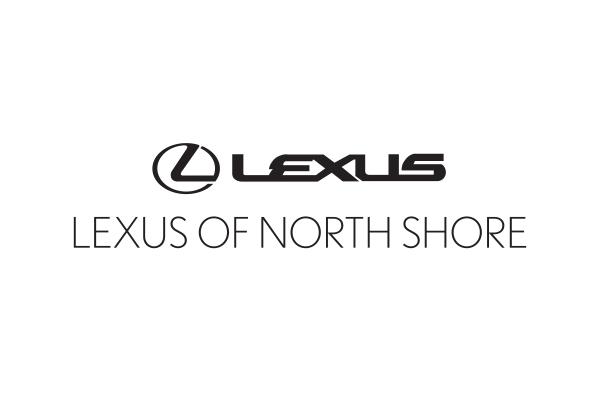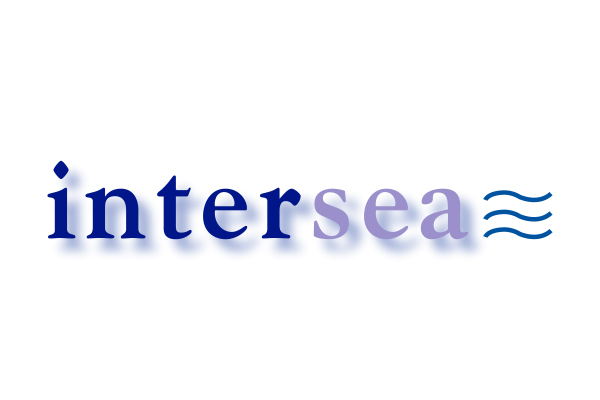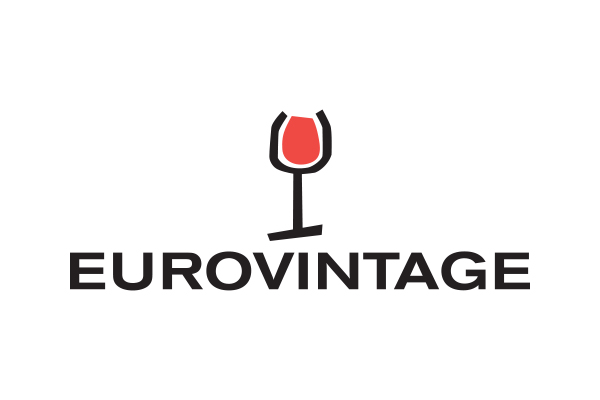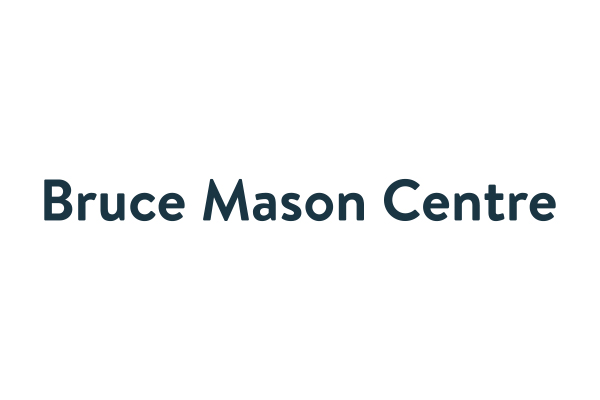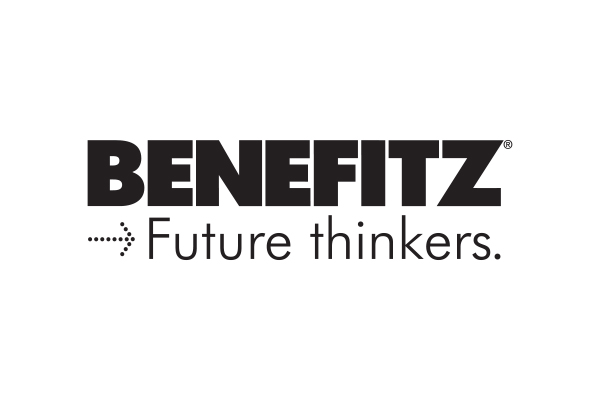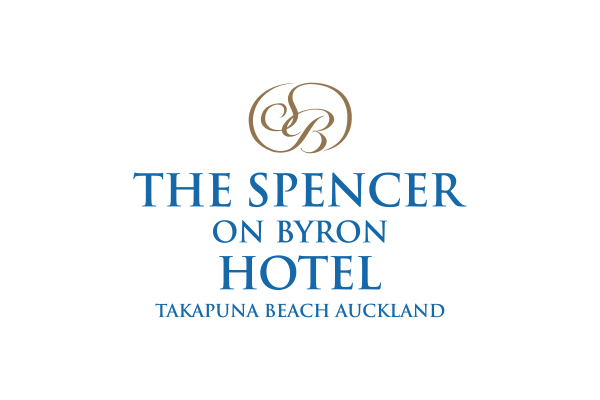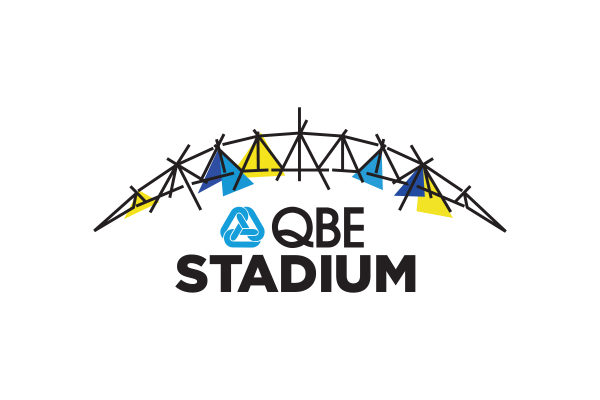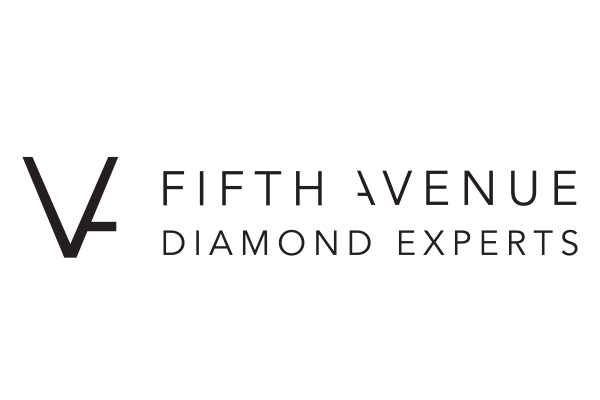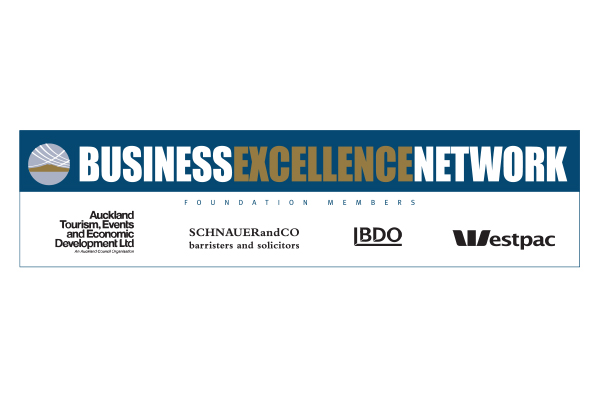This is the second AIMES Award for Computer Scientist Jun Bing; he was the recipient of an AIMES Emerging Talent Award back in 2011.
That award was made on the back of his achievements, which included being awarded the DUX for three years between 2009 and 2011 at Albany Senior High School (Years 11 to 13). In 2011 he was also chosen as one of the top 60 semi-finalists from 7500 teams representing 90 different countries that entered Google Science Fair. His project was the only one to be chosen from Oceania.
"I have decided to apply for an AIMES Award again in 2017 as I have a few exciting updates that I would like to share with the North Harbour Club regarding my progress in education and new projects that I have been working on,” explained Jun Bing in his application.
"This June, I graduated with a Bachelor’s degree in Computer Science from Dartmouth College, a private Ivy League research university located in the state of New Hampshire, United States. I was fortunate enough to have received a comprehensive financial aid award from the school worth US $250,000 that covered my tuition, and room and boarding fees over the period of four years. My overall GPA was 3.7/4 with my senior year GPA being 3.96/4 which gave me a prestigious honor of being a Rufus Choate Scholar between 2016-2017, meaning that my senior year GPA was at the top 5% of my year group. I have also worked as a teaching assistant of two computer science/engineering classes in which I led weekly help hours and after-lecture teaching sessions in addition to answering questions on the course web forums and grading assignments.
"During my four years at Dartmouth, I discovered my passion for computer science and coding computer programs. Particularly, my interest is in the field of machine learning. Machine learning is an area of artificial intelligence and refers to computer programs learning from data without being explicitly programmed. Thus, the potential application of machine learning in many different fields and disciplines is enormous. I had a leading role in a project that involved applying machine learning to predicting protein subcellular localization. The traditional methods of experimentally determining subcellular localization of a protein is laborious and time consuming but, with machine learning, the process can be accelerated. Much to our pleasure, our results were often able to beat the prediction performance of existing research papers.
Jun interned at an artificial intelligence-based finance firm as a software engineer during last year’s summer break. His responsibilities included research and development of a neural network to forecast daily high and low prices for NASDAQ stocks. He also wrote software to backtest day-trading performance of the neural network over historical data. He says this was an enlightening experience as it helped him to realise how powerful data and its analysis through machine learning algorithms can be in a real-world environment. Experience that's going to benefit him over the coming years.
Another project that Jun has been working on during his time at Dartmouth is the development of Agora (http://agora-react. herokuapp.com/), an online marketplace for Dartmouth students.
He explains: "The students at Dartmouth have traditionally used websites such as CraigsList to buy and sell used goods around campus. The problem with using CraigsList is that identity protection for its users is sparse and anyone with an internet access can see what is being sold and bought through the website. Thus, Agora was developed with the primary goal of creating a safe trusted online market exclusively for students at Dartmouth.”
The newest project that Jun has been working on is Pretty Music Maker, an online music maker that aims to make producing music accessible and intuitive through a simple and easy to use user interface. Music is created via the click-driven interface in which the users would click to set events on a timeline that would continuously loop over from start to finish. Users also have the choice of setting different synthesizer options and speed of the loop. While similar services already exist, Pretty Music Maker differentiates from the competition by allowing its users to save and share their music using a unique URL such that collaboration between multiple users is possible. Pretty Music Maker is currently fully operational and online and it can be accessed at http://prettymusicmaker.io/. If time and resources allow, Jun wants to create a smartphone application for Pretty Music Maker as well.
Aside from academics and computer programming, Jun was involved in Dartmouth Humanitarian Engineering group of which he was an assistant project leader. Between June and August of 2014 he was in Tanzania as a Jane Goodall Institute intern along with four other team members to conduct a two month long sustainable energy project. The group worked with Jane Goodall Institute and other local organizations to build biomass converters and educate the local population about sustainable fuel production using these converters.
In mid-September this year Jun returned to Dartmouth to start on a one-year accelerated Master’s in Computer Science program. Based on his academic performance he received a full tuition scholarship for the Master’s program.
Jun's future aspirations, after finishing his Master’s degree, is to work in the Silicon Valley for a large technology firm.
"Ideally, I would want to dive right into the tech industry after graduation and work in the field of machine learning and big data for around 10 years. It is my plan to obtain sufficient knowledge about the industry and the workings of tech startups in Silicon Valley such that after those years, I would have the business idea, skills, social network, and the resources to successfully start my own company. Once I have set up myself in the United States and have found relative success, my very-long-term goal is to migrate parts of my company back to Auckland so that aspiring programmers in New Zealand don’t necessarily have to fly across the Pacific Ocean to find well-paying software engineering jobs. After that, I also want to set up venture capital funds for technology startups based in New Zealand.”
Jun plans to use the AIMES Award grant funds for school costs, living expenses, textbooks, health insurance, project development (Agora and Pretty Music Maker), renting servers for a year, purchasing a web address and to pay an Apple Developer
Program fee.
Jun was unable to attend the gala awards evening. His award was accepted by his parents on his behalf.
Jun Bing reflects on receiving the 2017 North Harbour Club AIMES Innovation Award, sponsored by Massey University and a cash grant of $15,000:-
Receiving the AIMES award means a lot to me. Not only does the award money support my endeavors in the States, I take a great pride in being recognised for such a prestigious award. I wish that I was present in person to receive the award. My parents told me that they enjoyed seeing the clips of myself and others shown during the ceremony.
Who has had the biggest influence on your achievements to date and why?
My parents. They give me great advice and motivation to push myself.
What will 2018 bring for you?
Hopefully I will be graduating this June! I want to seek out more opportunities to learn.
Thanks to the ongoing support of our fantastic sponsors
